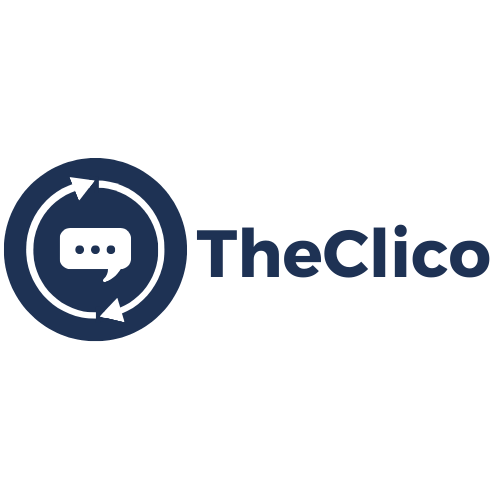

Breaking the Mold:
How the Lean Startup Method is Transforming Entrepreneurship
Build a Minimum Viable Product!
Core Principles
What makes the Lean Startup approach stand out is its emphasis on agility and adaptability. Instead of spending years perfecting a product without ever showing it to the potential customer, Lean Startup proponents advocate for creating a 'minimum viable product' – a version of the product that includes just enough features to gather validated learning about the product and its continued development.
This methodology challenges the conventional wisdom that entrepreneurs should spend long periods of time perfecting their initial product or service concept. Instead, it argues that in order to decrease the risk of startup failure, one must continuously test their vision by engaging in customer development – listening to potential users, purchasers, and partners, and making adjustments accordingly.
The Lean Startup method is about learning what your customers really want and testing your vision continuously, adapting and adjusting before it's too late. It's a principled approach to new product development and a new way of looking at the startup process itself.In an era marked by rapid technological change and increasing market uncertainty, the Lean Startup's message resonates more than ever.
It’s not just about how to build a more successful entrepreneurial business; it’s about what we can learn from those businesses to improve everything we do. Whether you are a budding entrepreneur, a seasoned business owner, or simply an enthusiast of efficient and effective business methodologies, the Lean Startup offers valuable insights into the art and science of building a successful company.
Validated Learning Startups should focus on learning how to create a sustainable business. This learning can be validated scientifically, by running experiments that test the startups' vision continuously.
Build-Measure-Learn The essential activity of a startup is to turn ideas into products, measure customer response, and then learn whether to pivot or persevere. All successful startup processes should accelerate this feedback loop.
Innovation Accounting To improve entrepreneurial outcomes and hold innovators accountable, there's a need for a new kind of accounting. This accounting helps startups to focus on the right metrics that truly indicate progress in uncertain and chaotic environments.
In the bustling world of startups, where the mantra "move fast and break things" often reigns supreme, there's a methodology that's been gaining traction for its unique approach to building businesses: the Lean Startup. This methodology, pioneered by Eric Ries, offers a blueprint for managing startups and launching new products more efficiently and with a higher likelihood of success.
The Lean Startup isn't just about how to create a more successful entrepreneurial business. It's about what we can learn from those businesses to improve virtually everything we do. It's a methodology that treats startups as human institutions designed to create a new product or service under conditions of extreme uncertainty.
Eric Ries, a seasoned entrepreneur and software engineer, experienced firsthand the highs and lows of startup life. Throughout his career, Ries faced the typical challenges of the startup landscape: working diligently on products, yet repeatedly encountering failure in the marketplace. This experience led him to question traditional business strategies and methodologies, pushing him towards the development of a new approach.
